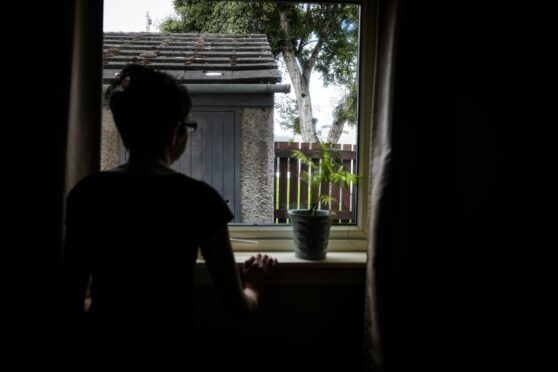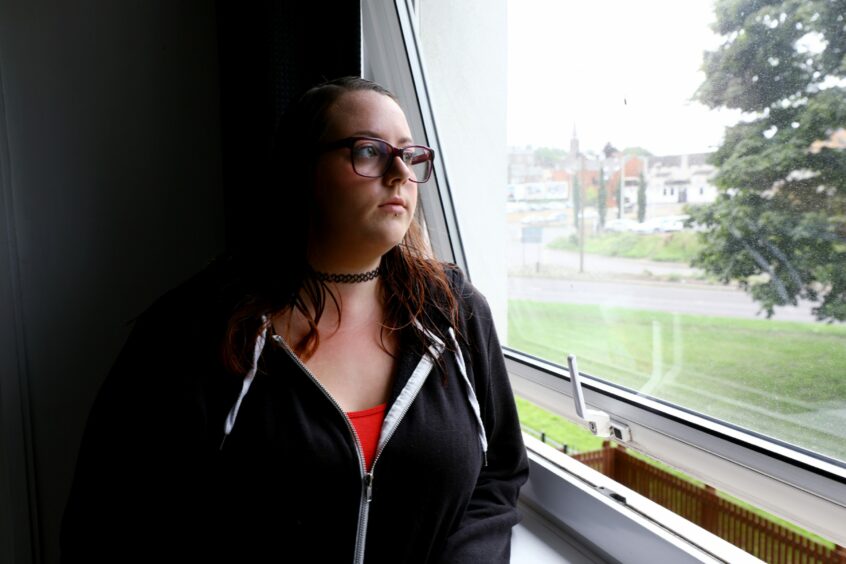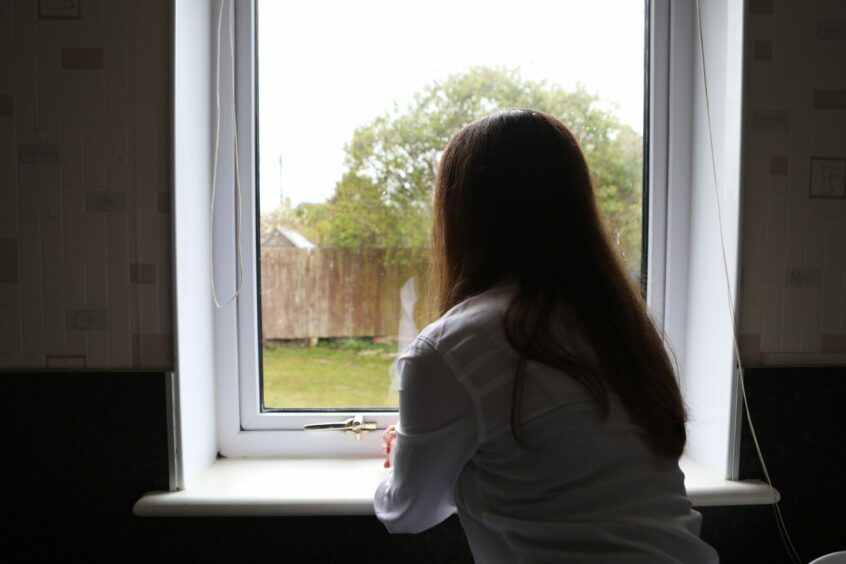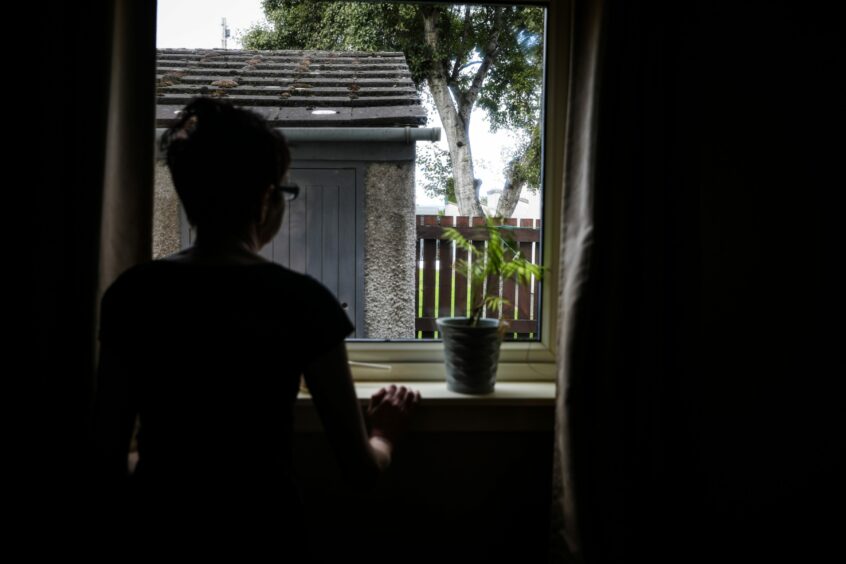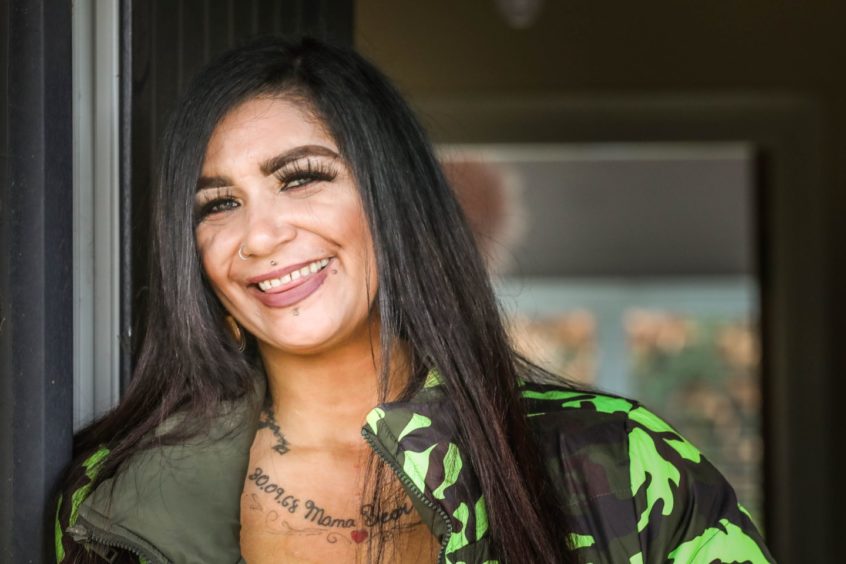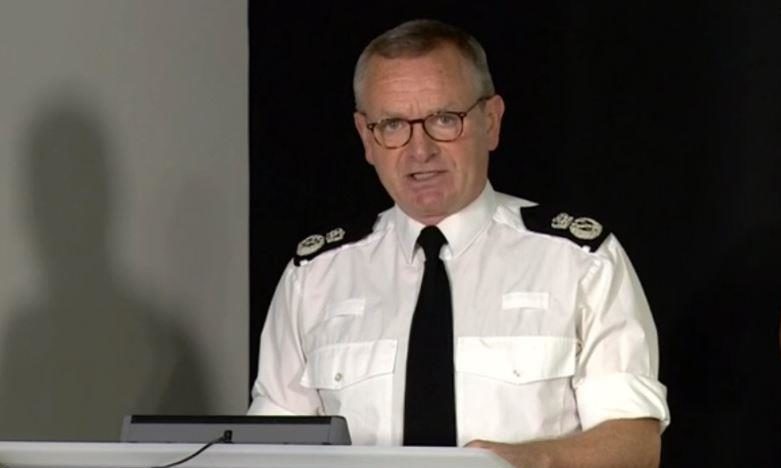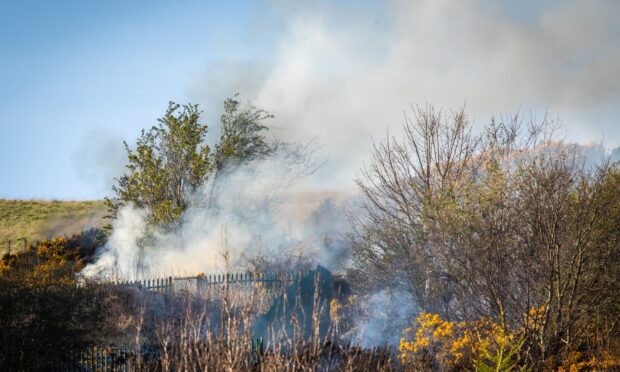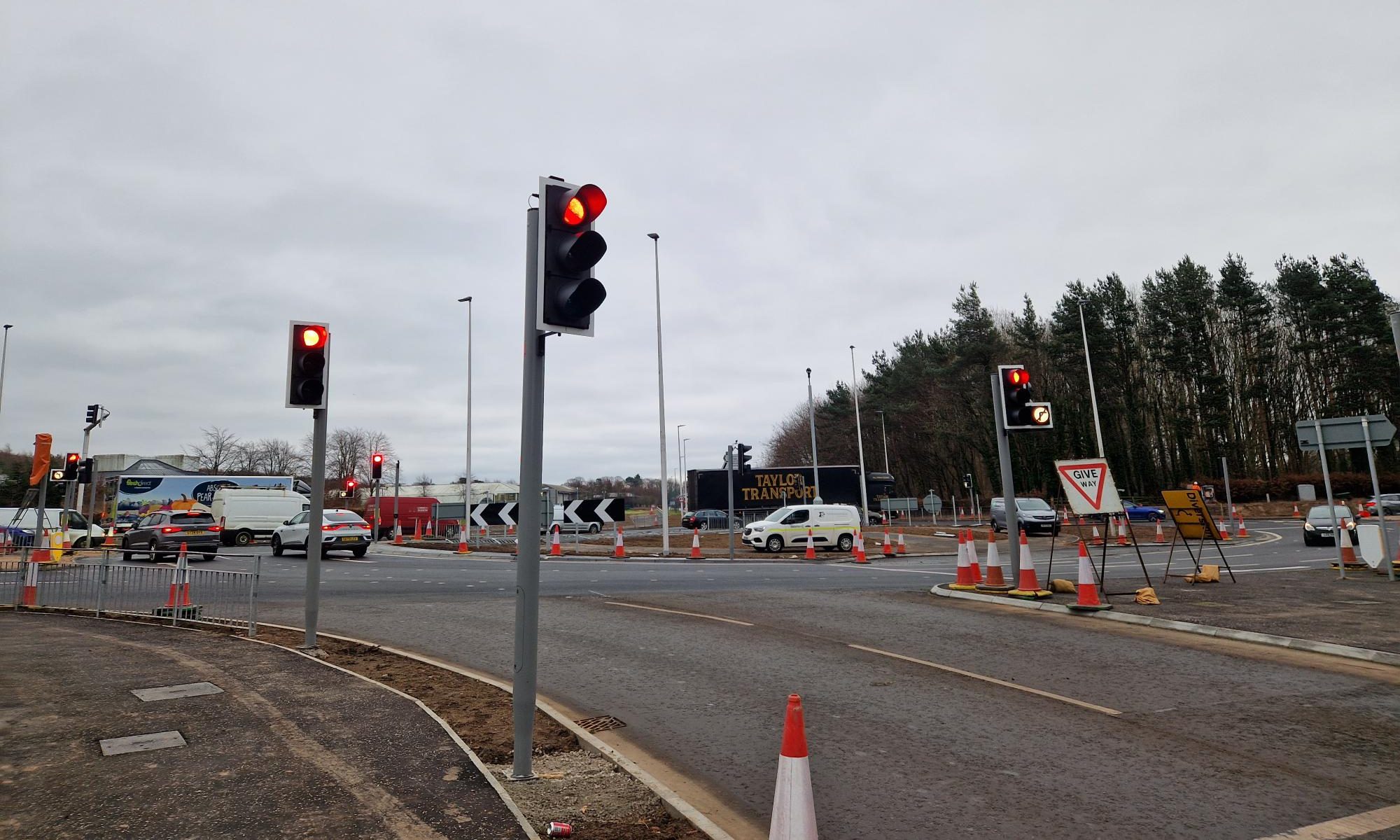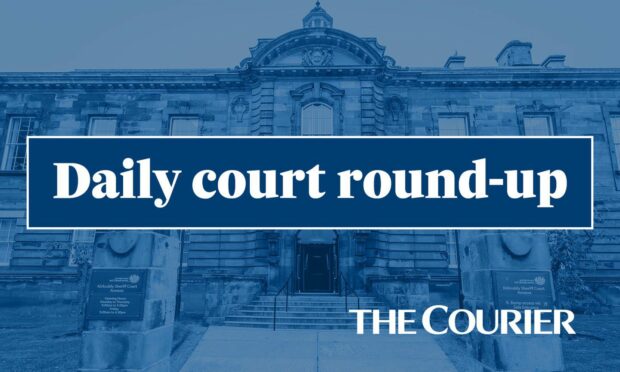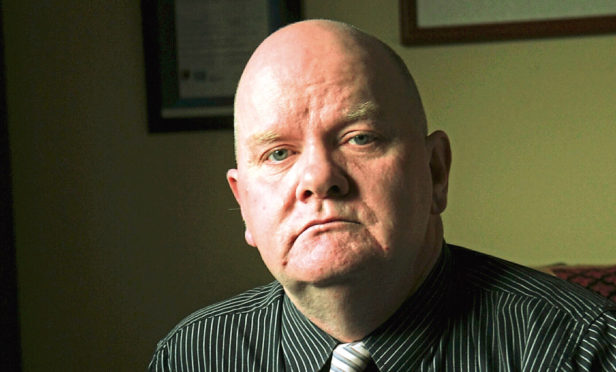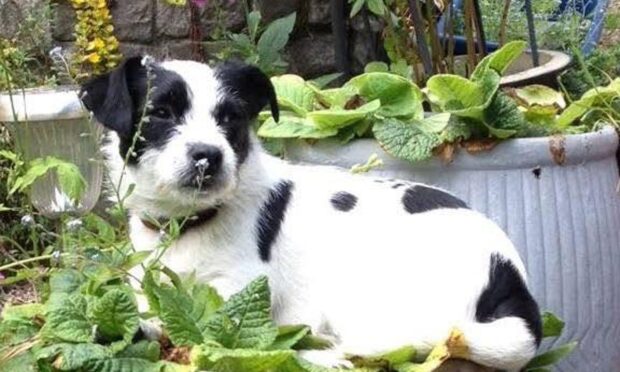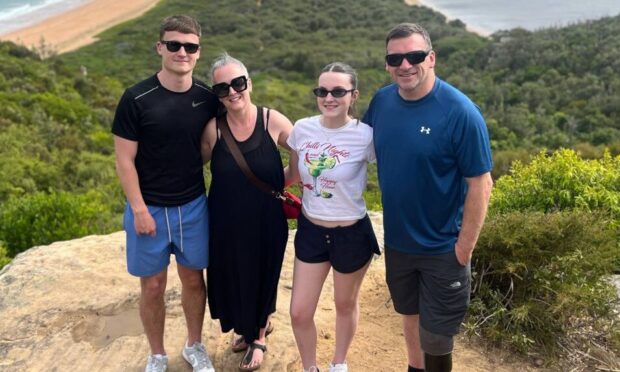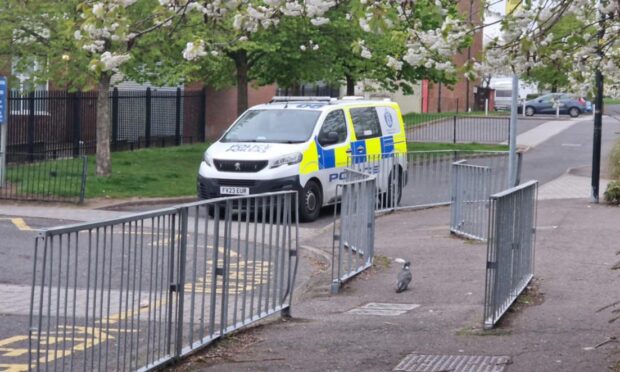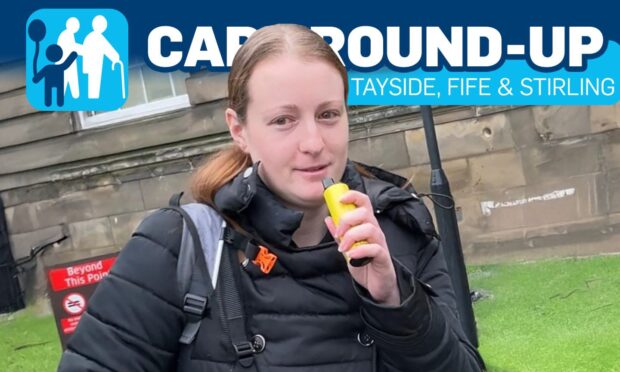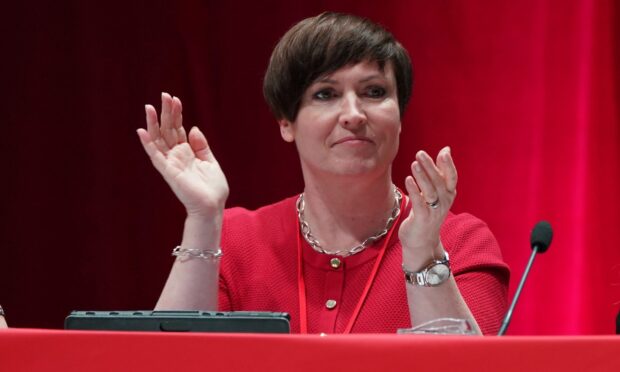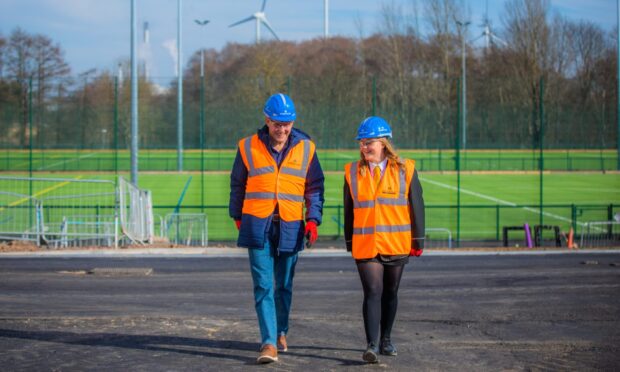Rape survivors in Dundee are welcoming a new report on police responses to reports of sexual crimes.
The research by Rape Crisis Scotland shows victims feel poor communication, inconsistent approaches, and prejudicial attitudes by police in Scotland made it harder for them to report the crimes against them.
The report, based on the experiences of survivors and calls for urgent action to be taken to address the issue.
Police Scotland chiefs have vowed to listen to the victims and learn lessons from them.
Is it enough? We asked four rape survivors from Tayside.
Rebecca’s story
Rebecca Smith told police she was raped seven years ago at just 17-years-old, by a boy she had befriended.
She said it had such a devastating affect on her it led to a mental breakdown.
Commenting on the new report Rebecca said: “I think it is very well written and completely 100% correct on how us as survivors feel when we are going through abuse.”
She added: “I didn’t agree with the justice system and how cold some of the police officers can be when they are dealing with cases.
“I also found it very disheartening when I had to talk to the people at a rape crisis centre about exactly what happened to me, otherwise they wouldn’t be able to help me.”
Rebecca partly blames her mental health difficulties on what she called a “lack of input” from police and court personnel.
Her alleged abuser was found not guilty by a jury but Rebecca said she has since heard of him attacking other women.
In light of this, she unsuccessfully asked for her case to be re-opened.
“I have suffered so severely mentally and physically since my attack, even though I’m a mum now and have changed my life in the past seven years,” she said.
“It’s never easy going through what us survivors do but it makes it a million times harder to take a leap and talk about it to anyone because of the lack of justice they receive for it.”
‘Radical change needed’
One woman told police she was the victim of sexual abuse and domestic violence but her alleged attacker was acquitted following a not proven verdict by a jury.
She said often attitudes to sexual assault allow such crimes to continue to be committed.
Speaking anonymously, the young woman said: “Almost everyone is outraged and devastated by rape and sexual assault.
“I’m confused as to why society still embraces attitudes and actions that have been proven to directly contribute to those very crimes being committed.
“It’s even worse that it is present in the police – where you would expect such attitudes to be ‘trained’ out of them.
“I’m disappointed, but not surprised.
“I think the police and public will need to accept the fact there will need to be radical changes to properly address this issue”.
‘I was treated with respect and dignity’
However, another woman who was raped by a man described by a judge as having a “sadistic, violent and depraved” personality, says she was treated well by police when she came forward.
She is a victim of Frank Mayne, who was jailed for life after being found guilty of 15 charges including of rape, indecent assault, assault and indecent behaviour.
Mayne, 56, admitted further offences including possessing indecent images of children.
His victim said: “I had a mostly positive experience reporting my rape and was treated with respect and kept my dignity.
“I had to go over my statement a few times and a senior female officer came in which made it slightly easier. They had patience and didn’t rush me.
“From there I was given one point of contact or could leave a message and she would get back to me as soon as possible.”
She added: “I was kept up to date on the whole but felt frustrated as to how long the process was taking.
“They did explain that they needed the evidence to convict my attacker and were gathering lots of other evidence so I tried to be patient.
“Eventually the outcome was a conviction and the perpetrator was put behind bars, which made me feel safer for the time being.”
Lisa’s story
Lisa Diduca, 34, was sexually abused from the age of three and believes it led her into a spiralling nightmare of heroin addiction and prostitution.
Lisa is now at college and is determined to turn her life around.
She said: “I think its fab that women who have been through rape and sexual abuse are talking about this.
“However it’s sad that women coming forward are being dismissed on such a sensitive subject.
She added: “They need to tighten up on this as to be dismissed on this can affect a woman to the point they doubt themselves as a survivor of sexual abuse.
“Police Scotland have to go through their protocols, perhaps provide training as this is very sensitive and these women should be treated with empathy.”
Urgent action needed
The Rape Crisis Scotland report is based on experiences of victims of sexual crimes, called a Survivor Reference Group (SRG).
All members of the SRG have engaged with the Scottish justice system – from initial police reports which went no further, through to prosecutions.
A spokeswoman for Rape Crisis Scotland said the report makes critical recommendations which, if implemented, could transform the experience of future victims.
She said: “Many survivors of sexual crimes do not report what has happened to them for a variety of reasons.
“For those that do, police responses are understood as being a significant factor, not just in survivors’ experience of the justice process, but in their ability to come to terms with what has happened and seek further support.
“It is evident from survivor testimony and Rape Crisis support and advocacy work across Scotland that there is a troubling inconsistency in police response in Scotland.
“This report makes clear that this must be addressed urgently.”
Recommendations
The recommendations in the report include:
- Trauma-informed communication training for Police Scotland staff at every level, featuring the voices and experiences of survivors
- Urgent work to address widely held problematic attitudes around sexual violence across Police Scotland, including establishing an evaluative framework to monitor these over time
- Clear guidance for survivors on the process of evidence gathering and retention, with greater transparency and accountability
- A consistent, named single point of contact for all survivors
- Early referrals to rape crisis support and advocacy services
- Further use of video statements to reduce time and trauma involved in giving evidence
- Police Scotland to commit to showing leadership in providing a clear, consistent, compassionate response to all survivors of sexual violence
In preparing their report, some of the survivors met with Police Scotland’s Chief Constable Iain Livingstone.
In a statement following the report’s publication, Police Scotland said Mr Livingstone was “very grateful” for the opportunity to listen to survivors.
Deputy Chief Constable Malcolm Graham said: “We thank the Survivor Reference Group and Rape Crisis Scotland for their perspectives and challenge in this important area.
“It is vital we listen carefully to the experiences of victims and act.
“This report recognises the positive difference specialist officers can make and we know from regular discussion with Rape Crisis Scotland that the engagement of our Sexual Offence Liaison Officers (SOLOs) is generally welcomed.”
We know there is much still to do.”
Deputy Chief Constable Malcolm Graham
He added: “Policing’s response to rape and sexual offending has been transformed under the establishment of a single national service and we are committed to continuing to drive improvements and build on our victim-centred approach.
“We’ve developed specific guidance for officers to help them engage with victims in a professional and empathetic way from the early stages of such reports.
“We are also working with Rape Crisis Scotland and the Crown Office and Procurator Fiscal Service in a test of change process for video-recorded interviews for victims of rape and serious sexual crime, which are being piloted in three divisions.
“We have a duty and an opportunity to lead a change in policing and across society which improves the experiences of all women and listening to Rape Crisis Scotland and the Survivor Reference Group is an important part of that work.
“We know there is much still to do.”
